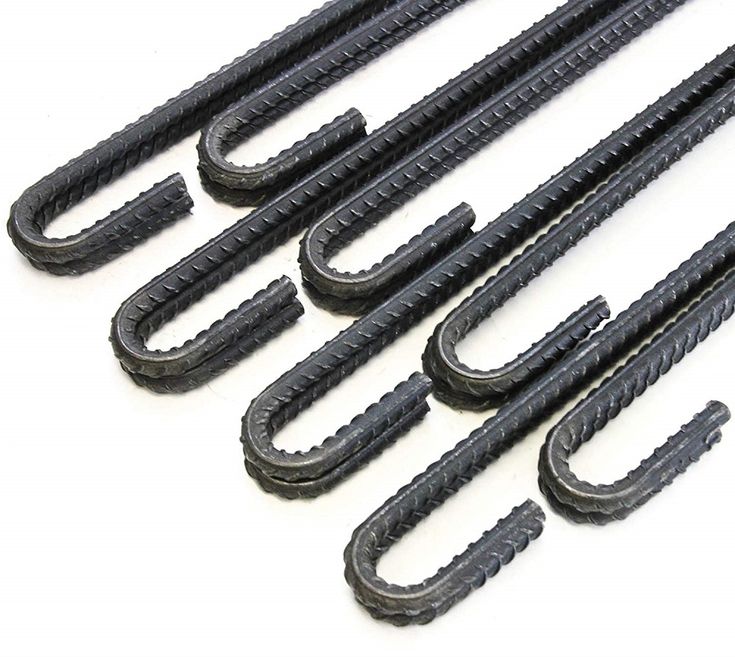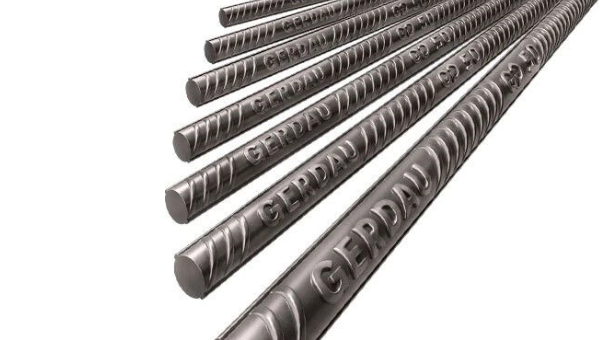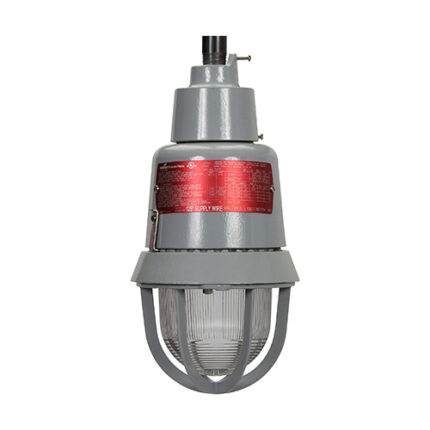Description
Gerdau Rebar: A Pillar of Strength in Construction
Introduction
In the realms of construction and infrastructure, high-quality materials are the backbone of any strong and durable structure. Among the key players in this market, Gerdau Rebar stands out as a leading manufacturer of reinforcing steel bars (rebar), contributing significantly to the safety and longevity of buildings, bridges, and other civil engineering projects. With a rich history, cutting-edge technology, and a commitment to sustainability, Gerdau Rebar is synonymous with excellence in the steel industry.
The Legacy of Gerdau
Founded in 1901, Gerdau has grown from a small iron foundry in Brazil to a global leader in steel production. Over more than a century, Gerdau has expanded its footprint, establishing plants across various countries in North America, South America, Europe, and Asia. This multinational presence enables the company to serve diverse markets and customers, tailoring its solutions to meet regional demands.
Gerdau focuses on a wide range of steel products, but its rebar division is particularly crucial due to the essential role rebar plays in construction. The company’s rebar is renowned for its strength, durability, and corrosion resistance—qualities that are vital for ensuring the integrity of structures, especially in environments that are subjected to harsh weather conditions or corrosive elements.
Quality and Innovation
Gerdau Rebar is committed to maintaining the highest standards of quality and performance. The company employs advanced manufacturing processes, utilizing state-of-the-art technology to produce rebar that meets or exceeds industry specifications. Continuous investment in research and development ensures that Gerdau stays at the forefront of innovation, introducing new products and techniques that enhance the structural capabilities of its rebar.
In addition to traditional rebar, Gerdau offers a variety of specialized products, including epoxy-coated rebar, which provides superior protection against corrosion for projects in environments exposed to saltwater, chemicals, and extreme temperatures. This versatility allows engineers and architects to choose materials that align with their project requirements, enhancing both safety and longevity.
Sustainability Commitment
In today’s construction landscape, sustainability is more than just a buzzword—it’s a critical component of responsible development. Gerdau is thoroughly committed to sustainable practices, utilizing scrap steel and other recycled materials in its rebar production. This commitment not only reduces waste but also minimizes the environmental impact associated with steel manufacturing.
Moreover, Gerdau has set bold sustainability targets, focusing on reducing greenhouse gas emissions and increasing energy efficiency across its operations. By embracing innovative practices, Gerdau is paving the way for a greener future in the construction industry.
Customer-Centric Approach
Understanding the unique needs of construction professionals is paramount to Gerdau’s success. The company prides itself on offering comprehensive customer support, from providing technical guidance on product selection to ensuring timely delivery of materials. Gerdau’s experienced representatives work closely with architects, engineers, and contractors, helping to design solutions that meet project specifications and budgets.
The company’s extensive distribution network ensures that large volumes of rebar can be delivered swiftly and efficiently to job sites, minimizing delays and keeping projects on schedule.
Conclusion
In an industry where strength and reliability are critical, Gerdau Rebar has established itself as a trusted partner for construction companies worldwide. With its rich history, focus on quality and innovation, commitment to sustainability, and customer-centric approach, Gerdau continues to set the standard for what rebar should be. As the demand for robust and enduring infrastructure grows, Gerdau Rebar stands ready to meet the challenges of the future, ensuring that the buildings and bridges of tomorrow will stand the test of time.











